Chen Pi (dried tangerine peel) is a cornerstone of Traditional Chinese Medicine (TCM), valued for centuries for its digestive and respiratory benefits. Known as "chen pi" in Chinese, this ingredient is made from the sun-dried peel of mandarin oranges and is used in herbal formulas, teas, and culinary applications. This guide explains its traditional uses, preparation methods, and how to select authentic Chen Pi for optimal results.
Table of Contents
- What Is Chen Pi?
- Traditional Uses in Chinese Medicine
- How to Prepare Chen Pi
- Practical Tips for TCM Applications
- Buying Guide for Authentic Chen Pi
- Frequently Asked Questions
- Conclusion
What Is Chen Pi?
Chen Pi is the dried peel of mandarin oranges (Citrus reticulata), aged for at least one year to develop its characteristic aroma and medicinal properties. In TCM, it is classified as a "Qi-regulating" herb, primarily used to support digestion, reduce phlegm, and improve respiratory health. Unlike fresh orange peel, Chen Pi undergoes a specific drying and aging process that enhances its therapeutic value. Traditional practitioners emphasize that proper aging (2-3 years minimum) is critical for potency and safety.
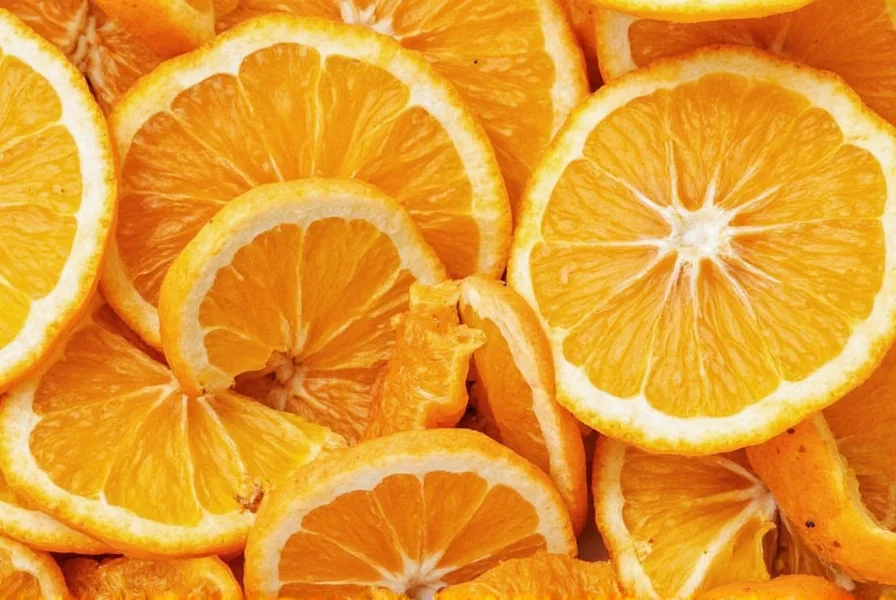
Traditional Uses in Chinese Medicine
In TCM, Chen Pi is commonly used in herbal formulas for:
- Digestive Support: Regulates stomach Qi, relieves bloating, and aids food digestion (often paired with ginger or hawthorn).
- Respiratory Health: Reduces phlegm and coughs, especially in chronic bronchitis or colds.
- Qi Stagnation: Used in formulas for emotional stress-related digestive issues.
- Traditional Formulas: Found in classics like "Xiang Sha Liu Jun Zi Tang" for spleen deficiency and "Er Chen Tang" for phlegm-related coughs.
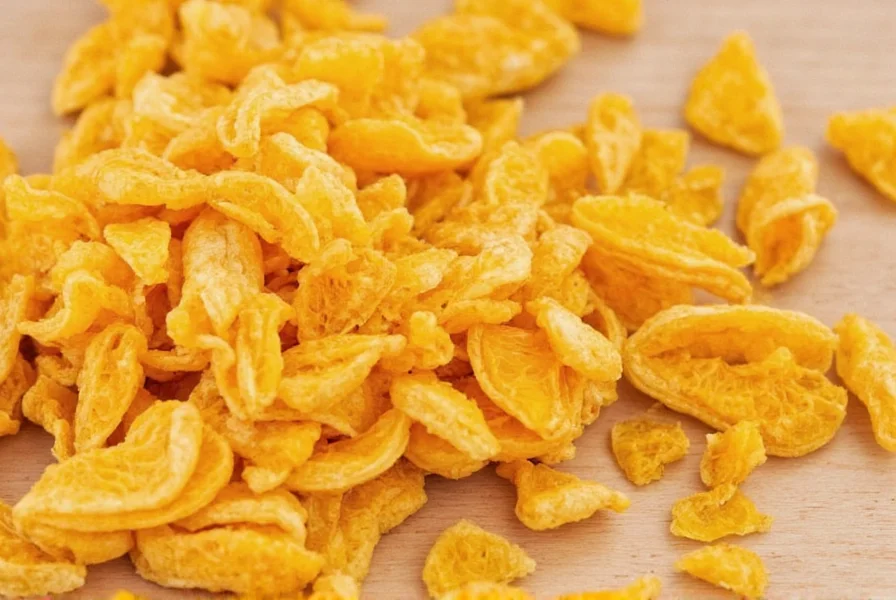
How to Prepare Chen Pi
Authentic Chen Pi requires proper drying and aging:
- Traditional Sun-Drying: Peel mandarins carefully (avoiding white pith), lay on bamboo mats in direct sunlight for 3-5 days, then store in a cool, dry place for 1-3 years to age.
- Modern Dehydrator Method: Dry at 115°F (46°C) for 8-12 hours, followed by 1+ year of aging in airtight containers.
- Storage: Keep in glass jars away from light and moisture. Properly aged Chen Pi turns amber-brown and develops a complex, sweet-woody aroma.
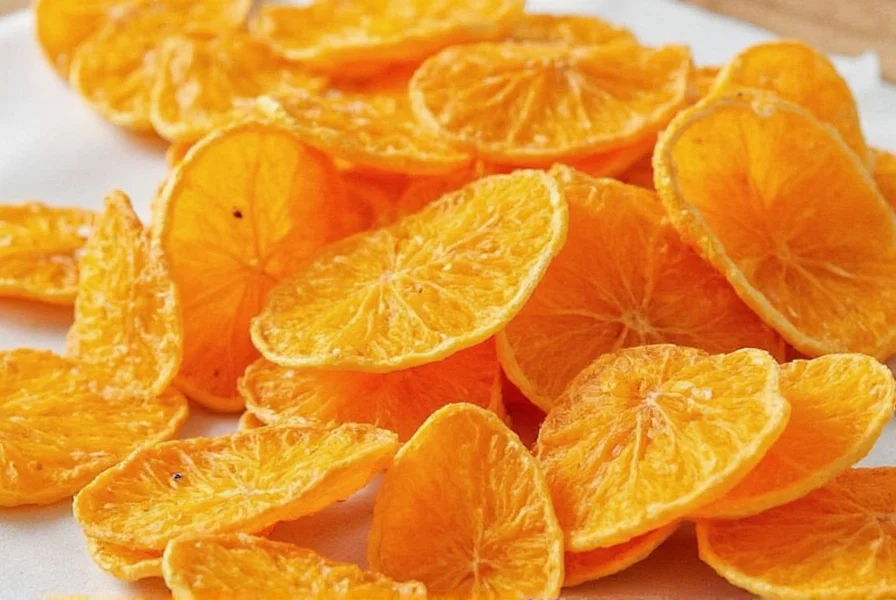
Practical Tips for TCM Applications
- Tea Preparation: Use 3-5g of aged Chen Pi per cup of boiling water. Steep for 10 minutes. Best consumed before meals for digestion.
- Herbal Syrups: Simmer with licorice root and honey for cough relief (consult a TCM practitioner for dosage).
- Caution: Not recommended during pregnancy or for individuals with yin deficiency. Always consult a qualified TCM practitioner before using medicinally.
- Quality Check: Authentic Chen Pi has a deep orange-brown color, smooth texture, and strong citrus-woody scent. Avoid overly brittle or moldy pieces.

| Feature | Why It Matters for TCM |
|---|---|
| Aging Period | Minimum 1 year for potency; 2-3 years is ideal for optimal Qi-regulating effects. |
| Source | Authentic Chen Pi comes from specific mandarin varieties (e.g., Xinhui mandarins) grown in Guangdong, China. |
| Appearance | Deep amber-brown color, slightly wrinkled texture, and no visible mold or discoloration. |
| Smell | Complex sweet-woody aroma with citrus notes. Avoid overly sharp or sour smells. |
| Reputation | Choose suppliers specializing in TCM herbs with transparent sourcing and third-party testing. |
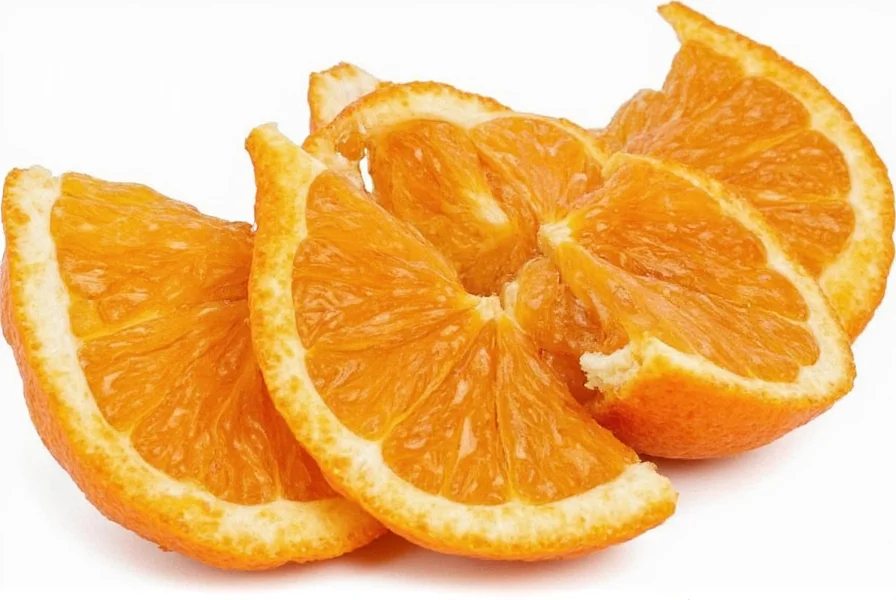
Frequently Asked Questions
Is Chen Pi the same as dried orange peel?
No. Chen Pi specifically refers to aged mandarin peel from TCM tradition, while generic "dried orange peel" is usually fresh or minimally processed. Authentic Chen Pi requires aging for at least one year to develop therapeutic properties. Mandarin varieties like Xinhui are preferred for their superior quality in TCM.
How long should Chen Pi be aged for medicinal use?
For optimal results in TCM, Chen Pi should be aged for 2-3 years. Shorter aging (1 year) is acceptable for culinary use, but medicinal applications require longer aging to develop the correct Qi-regulating properties. The aging process transforms the peel's chemical composition, reducing bitterness and enhancing therapeutic effects.
Can I use Chen Pi for digestive issues at home?
Yes, but with caution. For mild bloating or indigestion, steep 3-5g of aged Chen Pi in hot water for 10 minutes. However, TCM emphasizes individualized treatment—chronic digestive issues should be addressed by a qualified practitioner. Do not self-treat serious conditions without professional guidance.
Is Chen Pi safe for everyone?
No. Chen Pi is contraindicated during pregnancy, for individuals with yin deficiency (symptoms like night sweats or dry mouth), or those taking blood-thinning medications. Always consult a TCM practitioner before use, especially for medicinal purposes. Culinary use in small amounts (e.g., in teas) is generally safe for most adults.
How does Chen Pi differ from fresh tangerine peel?
Fresh tangerine peel has higher moisture content and volatile oils, making it too strong for TCM use. Chen Pi's aging process reduces volatile oils while concentrating therapeutic compounds like hesperidin and nobiletin. This transformation makes it suitable for long-term medicinal applications without causing irritation to the digestive system.
Where is the best Chen Pi sourced from?
Authentic Chen Pi comes from Xinhui District in Guangdong Province, China. This region's unique climate and mandarin varieties produce the highest quality Chen Pi, recognized by the Chinese government as a protected geographical indication. Look for "Xinhui Chen Pi" on product labels for guaranteed authenticity.
Conclusion
Chen Pi (dried tangerine peel) is a cornerstone of Traditional Chinese Medicine with centuries of documented use for digestive and respiratory health. Its therapeutic value depends on proper aging, sourcing, and application under professional guidance. While it can be used safely in culinary teas, medicinal applications require consultation with a qualified TCM practitioner to ensure safety and effectiveness.
By understanding Chen Pi's traditional context and selecting authentic products, you can harness its benefits responsibly. Always prioritize quality over convenience—real Chen Pi is an aged, specialized ingredient, not a generic spice.
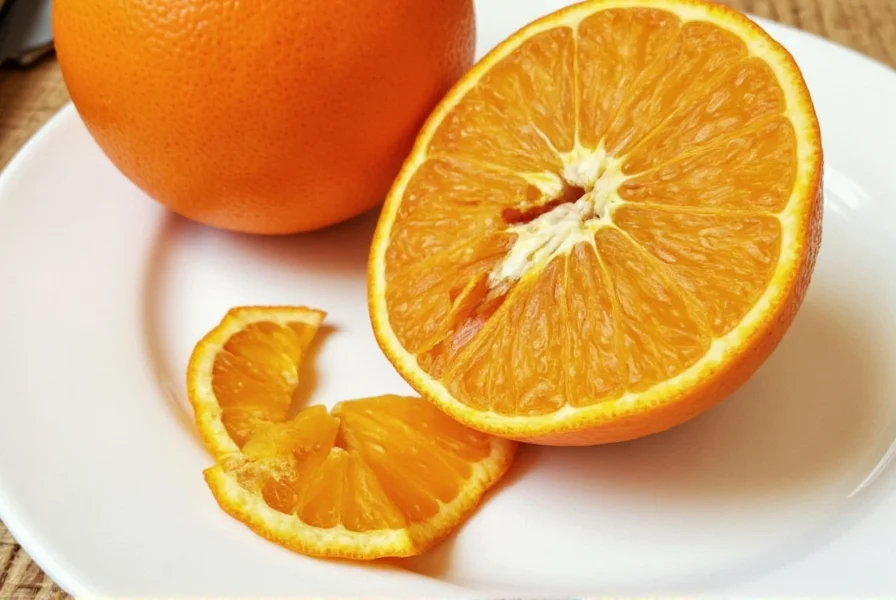
For optimal results, source Chen Pi from reputable TCM suppliers and follow professional guidance for medicinal use.

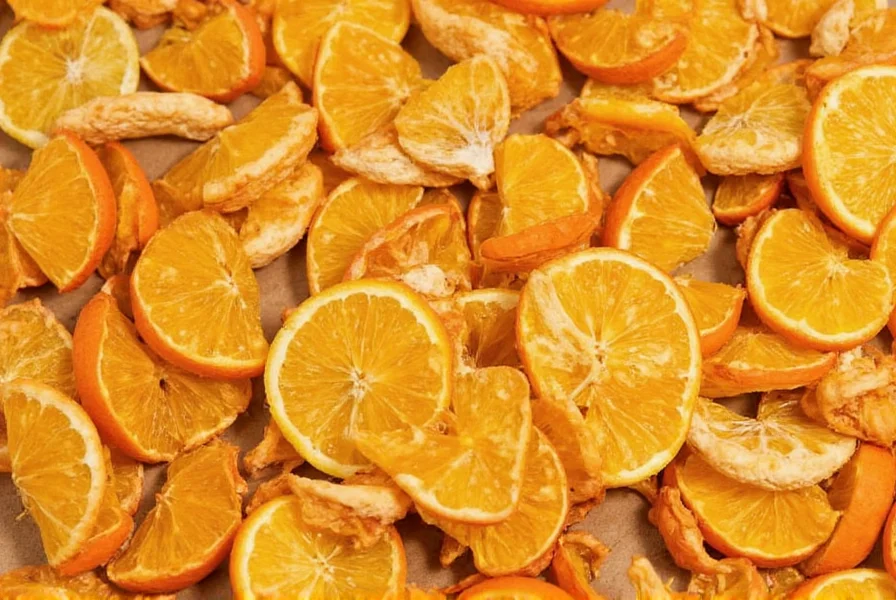









 浙公网安备
33010002000092号
浙公网安备
33010002000092号 浙B2-20120091-4
浙B2-20120091-4